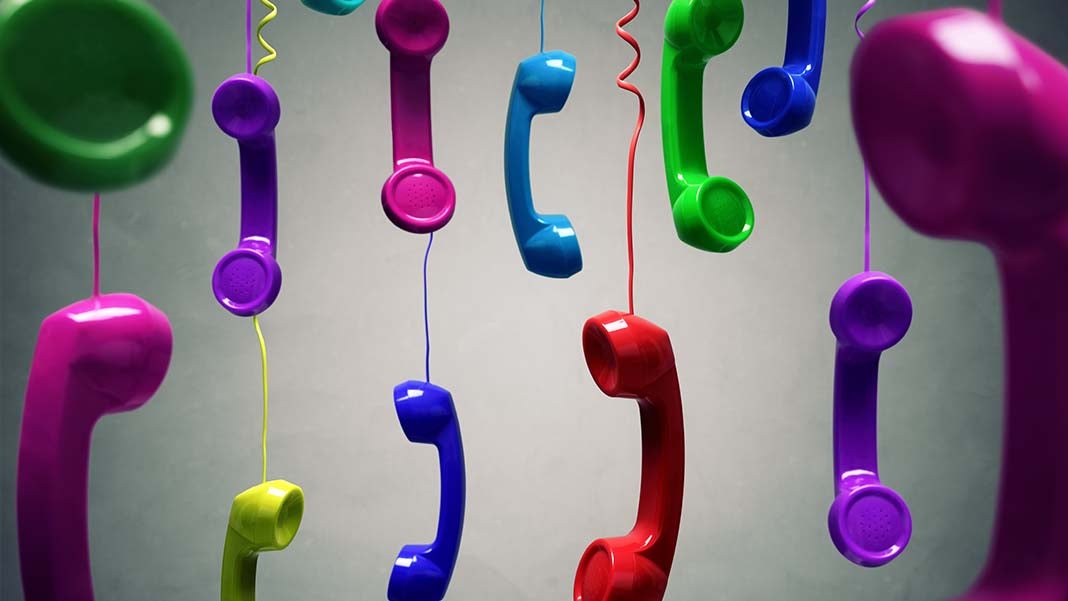
The most devastating customer service calls are the ones you don’t get. They are far more damaging to your business that the ones you get a chance to answer and respond to.
When you have an irate, disappointed, or troubled customer on the line or in front of you, you have the opportunity to turn the situation around. When customers or clients don’t even bother to pick up the phone or head down to your location to talk to you, it officially becomes a “lost cause.”
People have natural, built-in scales that are always either consciously or subconsciously weighing costs against benefits. For example, all of us, at one time or another, have hung up while on hold waiting for help from a customer service rep. In these cases, we have judged that our cost in time and frustration isn’t worth the benefit we would receive talking to someone at the company. Let’s start our list with this one:
Waiting too long. There’s a legal maxim that says, “Justice delayed is justice denied.” A similar principle applies in business. When customers are left hanging on the phone, or go to a store to find the customer service line going out the door, they sense the delay and say to themselves, “My time is valuable, this just isn’t worth the bother.” There are other mistakes we make serving our customers that are related to this.
Making customers repeat themselves. Customers perceive this as another attack on their time. And, let me make one thing really clear: when customers sense this, they conclude that you don’t value their time and this demonstrates that at your core, you don’t respect them. Once they feel that your attitude is one of disrespect, they will return the attitude. Make sure that situations can be corrected at the first customer service contact.
Not delivering enough value. Let me go back to those internal scales I mentioned at the beginning. If the value of your product or service doesn’t outweigh the effort to go through your customer service system, customers will abandon you. They won’t even bother to give you the opportunity to make things right. If you have a “throwaway” product, you have a throwaway company.
Competitors are outshining you. Let’s say you’re in the housecleaning business. Your service is adequate but you have a customer whose neighbors are really talking up their cleaning service. The neighbors related how their service “goes the extra mile.” Sooner or later your customer is going to say, “I need to try this company!” If your product or service isn’t the one commanding the word-of-mouth advertising (or Yelp reviews) you’re in trouble. Customers won’t call and tell you to up your game, they’ll just silently drop off your active list.
The final straw. Do you, or anyone in your top management, get notified when customers have lodged more than one customer service inquiry or complaint? Customers get to a point when they give up on your ability to make things right, even if they think you’re giving it your best effort. It’s those internal scales again. They’ll decide they just don’t need you anymore.
I suspect you’ve lost some customers for these reasons. Do you know who they are? The owners of successful companies follow up with the customers who drop their service or no longer patronize their business. They may not win them back, but they sincerely want to understand the reasons why they’ve left. And, that’s the way any contact should be framed: not as a desperate last attempt to reach out, but as a genuine desire to understand the customer’s situation.












